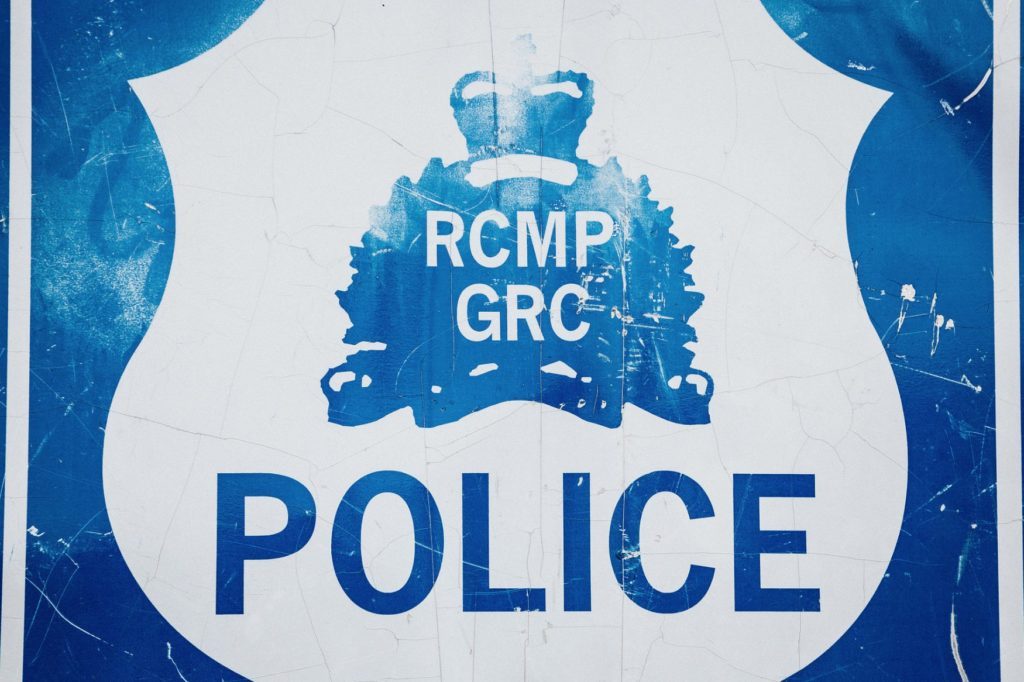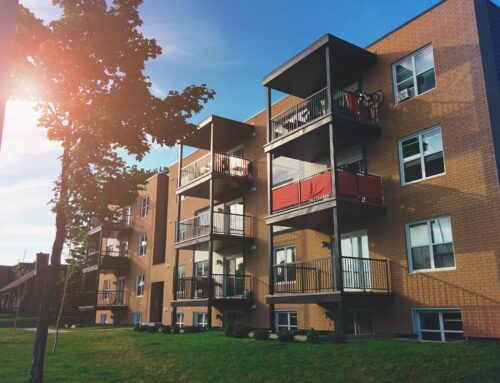When you relocate to Canada, you will find there are three different levels of law enforcement: municipal, provincial and federal. Here is an explanation of the differences between the levels of police in Canada.
Federal:
The RCMP, or Royal Canadian Mounted Police, founded in 1873 is Canada’s federal police force. They are world-renowned, and unique in that they serve as a federal, provincial and municipal police force. All the Canadian provinces with the exception of Québec, Newfoundland and Labrador and Ontario use the RCMP for municipal and provincial police work, and the they are contracted out for use in Canada’s territories. In the Yukon and Northwest territories, the RCMP is the only operational police force.
Their policing is focused mainly around drug enforcement, economic crime, federal policing, immigration, customs and excise and criminal intelligence. Many of these areas are dealt with in cooperation with provincial and municipal police forces.
For information on contacting the RCMP, click here: RCMP contact information
Provincial:
Newfoundland and Labrador, Ontario and Québec all have their own police force. In Québec it is the Sûreté du Québec, founded in 1870, Ontario has the Ontario Provincial Police, effective as of 1909, and Newfoundland and Labrador’s police force is the Royal Newfoundland Constabulary, started in 1729. The other provinces use the RCMP, as previously mentioned.
Provincial police are mostly employed in the ways of traffic law, responding to emergency calls and acting as the authority in municipalities that do not have their own police force.
Non-emergency numbers for provincial police:
Ontario: 1-888-310-1122
Quebec: 514 598-4141
Newfoundland/Labrador:
Avalon Region 1-709-729-8000
Satellite Office 1-709-729-8175
Corner Brook 1-709-637-4100
Labrador West 1-709-944-7602
Churchill Falls 1-709-925-3524
Municipal:
Municipal police are funded and paid for by individual towns/cities. They do not have the same authority as the provincial and federal forces, and in most cases are not authorized to use or the carry the same weaponry.
They are mostly in place to prevent crimes from happening, although they do respond to emergency calls, make criminal arrests and carry out warrants. The municipal police are often also divided into sub-divisions, such as homicide squad, unit for gang crimes, explosives squad and so on.
For information on your municipality’s law officers contact information, call your town hall.
Remember, if you have an emergency in Canada and need police assistance, call 911.







Leave A Comment